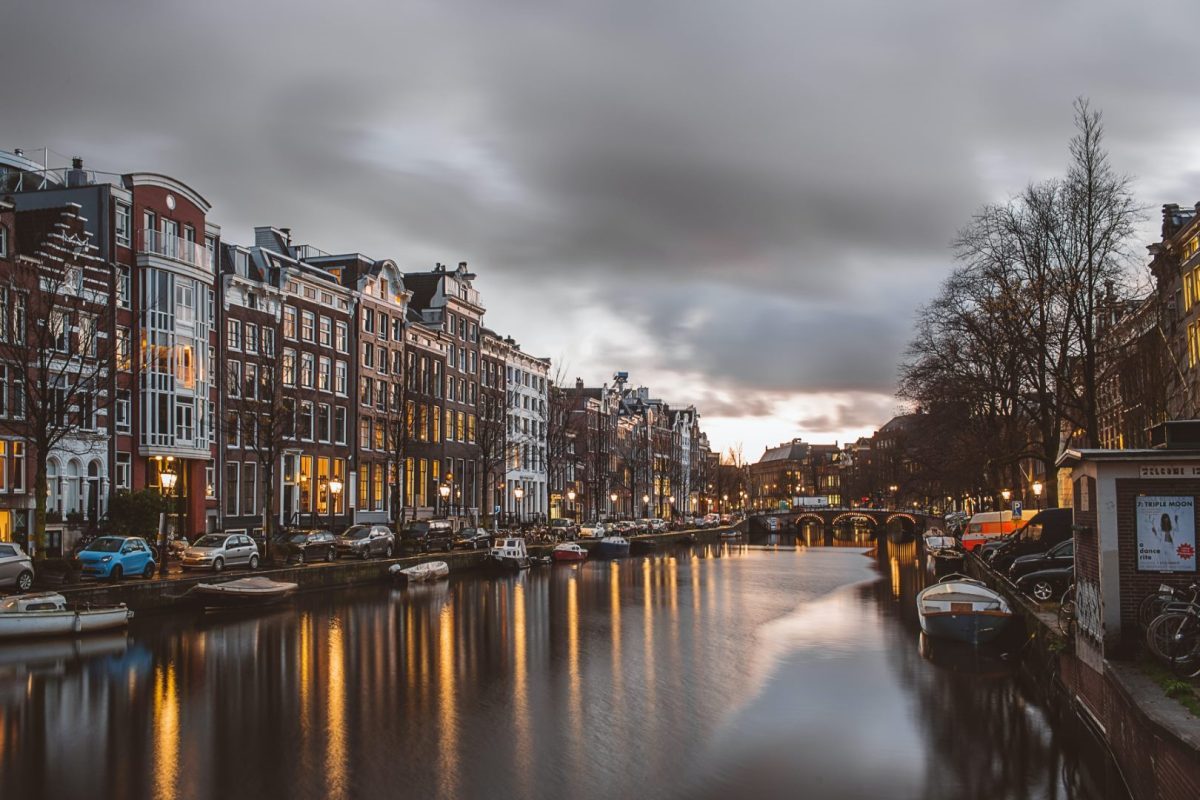Languages Spoken in Yongin
Yongin is a city found in the Gyeonggi Province of South Korea, where people speak the Korean language. It is a city that is constantly growing and developing, with a population of over 1 million people. In this article, we will explore the different languages spoken in Yongin.
The Official Language of Yongin
The official language spoken in Yongin is Korean. The Korean language is the official language of South Korea and North Korea. It is also spoken by millions of people around the world as a second language, due to its cultural and economic significance in the global market. The Korean language is written using the Hangul alphabet, which was created in the 15th century.
Other Languages Spoken in Yongin
Aside from Korean, there are relatively small populations of people in Yongin who speak other languages as their first language. These languages include:
1. English
English is one of the main foreign languages spoken in Yongin. English has become the universal language of business, and many of the younger generation in Yongin have been taught English as an important second language in school. Also, because of the high influx of foreigners visiting the city, the English language is commonly used as a means of communication in Yongin.
2. Chinese
Chinese is another foreign language spoken in Yongin. Due to the geographical location of Yongin, the Chinese language is frequently heard, mainly because of the high number of Chinese tourists who visit the city. In addition, because of the strong trade connections between South Korea and China, many Korean people learn to speak Chinese as a second language, resulting in more people speaking the language in Yongin.
3. Japanese
Japanese is also spoken within Yongin. Many Koreans learn Japanese as a second language because of its cultural and economic importance within the region. With the high number of tourists coming from Japan to visit South Korea, it’s important for Koreans to be able to communicate and cater to their needs. The presence of Japanese-language schools in Yongin also contributes to the Japanese speaking population in Yongin.
Conclusion
In summary, the official language of Yongin is Korean, but because of the city’s cultural and economic significance, there are other languages spoken frequently in the city, such as English, Chinese, and Japanese. South Korea’s drive to be internationally competitive has boosted the importance of learning languages other than Korean, especially English, for its younger population. Knowing different languages can lead to greater opportunities for employment and global interaction.
An Insider’s Guide to Yongin, South Korea
Yongin is a city located in the Gyeonggi Province of South Korea, just south of Seoul. It is a bustling city that has much to offer tourists who are interested in traditional Korean culture, local cuisine, and history. Here are some of the best things to see and do in Yongin:
Local Attractions
1. Everland Theme Park: Everland is one of the most famous theme parks in South Korea, with over 40 rides and attractions. It has something for everyone, from roller coasters to water rides.
2. Korean Folk Village: This is an open-air museum that features traditional Korean homes, artifacts, and performances. Visitors can learn about traditional Korean culture and even try on traditional clothing.
3. Namhansanseong Fortress: This is a UNESCO World Heritage site that dates back to the 17th century. It was designed as a fortress to protect the capital city of Seoul from invaders.
4. Yongin Central Park: This is a beautiful park that has a lake, walking paths, and gardens. It is a great place to relax and enjoy the natural scenery.
Dining Spots
1. Jeonju Bibimbap: Yongin is famous for its Jeonju-style bibimbap, which is a dish of rice, vegetables, and meat topped with a spicy sauce. One of the best places to try it is at Bibimbap Cheonguk, a local restaurant chain.
2. Dakgalbi: This is a popular Korean dish that consists of marinated chicken and vegetables grilled at the table. One of the best places to try it is at Yoogane, which has multiple locations in Yongin.
3. Fish Market: For seafood lovers, the Dongbaek Fish Market is a must-visit destination. Visitors can select fresh seafood and have it cooked on the spot at one of the many restaurants in the market.
Cultural Experiences
1. Korean Traditional Tea Ceremony: Visitors can experience a traditional Korean tea ceremony at the O’sulloc Tea House in the Korean Folk Village. The ceremony includes a tea tasting and a demonstration of tea-making techniques.
2. Hanbok Rental: Hanbok is the traditional clothing of Korea, and visitors can rent it in many locations throughout Yongin to get an authentic cultural experience.
Local History
1. Yongin House: This is a traditional Korean home that has been preserved as a museum. Visitors can learn about the history of the house and how it was constructed.
2. Korean War Museum: This museum tells the story of the Korean War and its impact on the country. It has exhibits, artifacts, and films that provide insight into the war and its aftermath.
Off the Beaten Path
1. Yongin Art Valley: This is a massive art park that features sculptures, galleries, and cultural performances. It is a great place to experience the intersection of art and nature.
2. Yongin Hwaseong Haenggung Palace: This palace was once a summer retreat for the Joseon Dynasty kings. It is a lesser-known destination that is still well worth a visit.
In conclusion, Yongin has much to offer tourists looking for an insider’s guide to South Korean culture, cuisine, and history. From its famous theme park to its lesser-known historical sites and unique cultural experiences, Yongin is a must-see destination for any visitor to the region.
Table of Contents

